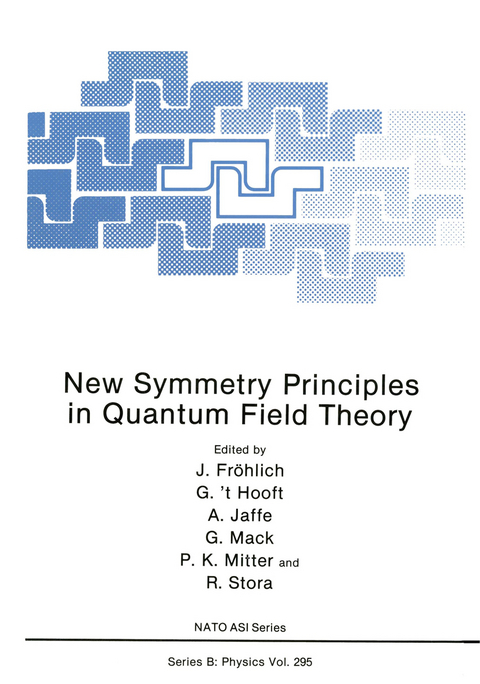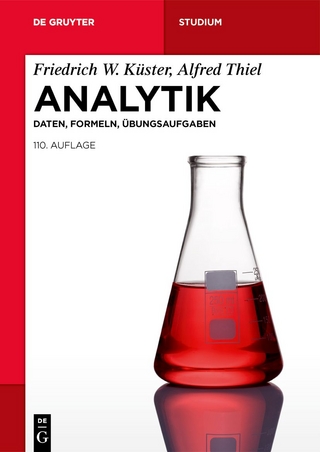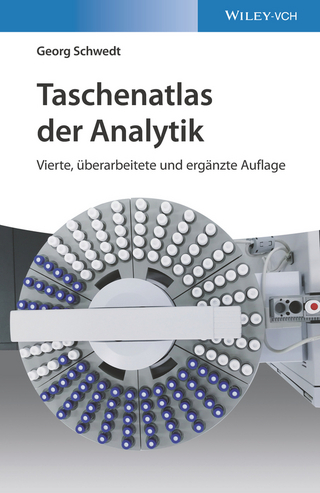
New Symmetry Principles in Quantum Field Theory
Springer-Verlag New York Inc.
978-1-4613-6538-9 (ISBN)
Soon after the discovery of quantum mechanics, group theoretical methods were used extensively in order to exploit rotational symmetry and classify atomic spectra. And until recently it was thought that symmetries in quantum mechanics should be groups. But it is not so. There are more general algebras, equipped with suitable structure, which admit a perfectly conventional interpretation as a symmetry of a quantum mechanical system. In any case, a "trivial representation" of the algebra is defined, and a tensor product of representations. But in contrast with groups, this tensor product needs to be neither commutative nor associative. Quantum groups are special cases, in which associativity is preserved. The exploitation of such "Quantum Symmetries" was a central theme at the Ad vanced Study Institute. Introductory lectures were presented to familiarize the participants with the al gebras which can appear as symmetries and with their properties. Some models of local field theories were discussed in detail which have some such symmetries, in par ticular conformal field theories and their perturbations. Lattice models provide many examples of quantum theories with quantum symmetries. They were also covered at the school. Finally, the symmetries which are the cause of the solubility of inte grable models are also quantum symmetries of this kind. Some such models and their nonlocal conserved currents were discussed.
Lecturers.- Quantum Symmetries in 2D Massive Field Theories.- On Knot and Manifold Invariants.- The Metric Aspect of Noncommutative Geometry.- Intersection Theory, Integrable Hierarchies and Topological Field Theory.- Quantum Symmetry in Conformal Field Theory by Hamiltonian Methods.- Observables, Superselection Sectors and Gauge Groups.- Incompressible Quantum Fluids, Gauge-Invariance, and Current Algebra.- Non-Compact WZW Conformal Field Theories.- S-Matrix Theory for Black Holes.- Non-Commutative Geometry and Mathematical Physics.- Whitham Theory For Integrable Systems and Topological Quantum Field Theories.- Quantum Symmetry in Quantum Theory.- Quantum Groups in Lattice Models.- Lagrangian Conformal Models.- Semi-Classical Liouville Theory, Complex Geometry of Moduli Spaces, and Uniformization of Riemann Surfaces.- Seminar Speakers.- Integrability Properties of the Collective String Field Theory.- BRST Analysis of Physical States for 2D (Super) Gravity Coupled to (Super) Conformal Matter.- Correlation Functions of Local Operators in 2D Gravity Coupled to Minimal Matter.- W-Algebras and Langlands-Drinfeld Correspondence.- Non-Tannakian Categories in Quantum Field Theory.- Extra States in c < 1 String Theory.- W(sl(n)): Existence, Cartan Basis and Infinite Abelian Subalgebras.- Aspects of Quantizing Lorentz Symmetry.- Fock Space Representations of A1(1) and Topological Representations of Uq(sl2).
| Erscheint lt. Verlag | 28.10.2012 |
|---|---|
| Reihe/Serie | NATO Science Series: B ; 295 |
| Zusatzinfo | VIII, 529 p. |
| Verlagsort | New York, NY |
| Sprache | englisch |
| Maße | 178 x 254 mm |
| Themenwelt | Naturwissenschaften ► Chemie ► Analytische Chemie |
| Naturwissenschaften ► Physik / Astronomie ► Atom- / Kern- / Molekularphysik | |
| Naturwissenschaften ► Physik / Astronomie ► Festkörperphysik | |
| Naturwissenschaften ► Physik / Astronomie ► Thermodynamik | |
| Technik ► Maschinenbau | |
| ISBN-10 | 1-4613-6538-4 / 1461365384 |
| ISBN-13 | 978-1-4613-6538-9 / 9781461365389 |
| Zustand | Neuware |
| Haben Sie eine Frage zum Produkt? |
aus dem Bereich


